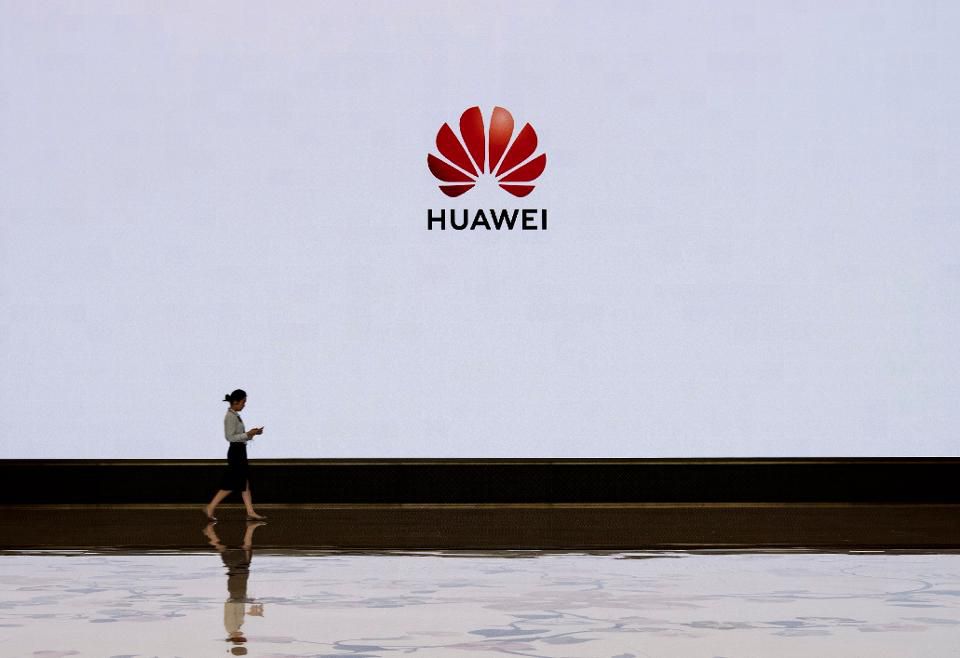On Saturday, the Wall Street Journal published a detailed article on Huawei’s alleged misdeeds, writing that “Huawei’s yearslong rise is littered with accusations of theft and dubious ethics. A review of 10 cases in U.S. federal courts, and dozens of interviews with U.S. officials, former employees, competitors, and collaborators suggest Huawei had a corporate culture that blurred the boundary between competitive achievement and ethically dubious methods of pursuing it.”
The WSJ article is detailed, it sets out the chronology of allegations against the company. Whatever side of the debate you favor, you cannot see everything written up in one place without concluding “this isn’t nothing.”
But that’s far from the worst of their alleged misdeeds.
A year ago, Xinjiang’s Public Security Department signed a “strategic cooperation agreement for a Joint Innovation Lab” with Huawei. According to local media, the deputy director of the region’s Public Security Department said Huawei would “provide technical solutions for the public security industry.”
Huawei said they would “provide industry-leading products and services… to build a safer and smarter society with the public security department of the autonomous region.” Three months later, the company launched the Huawei Urumqi DevCloud to “promote the development of the software information industry in the district and all of Urumqi.”
“A safer and smarter society.”
If you want a definition of “dubious ethics,” Xinjiang could be it. As described by the New York Times, Xinjiang’s surveillance program acts as “a virtual cage that complements the indoctrination camps where the authorities have detained a million or more Uighurs and other Muslims in a push to transform them into secular citizens who will never challenge the ruling Communist Party. The program helps identify people to be sent to the camps or investigated and keeps tabs on them when they are released.”
Source: Huawei Accused Of ‘Theft And Dubious Ethics’ — But That’s Not The Worst Of It


